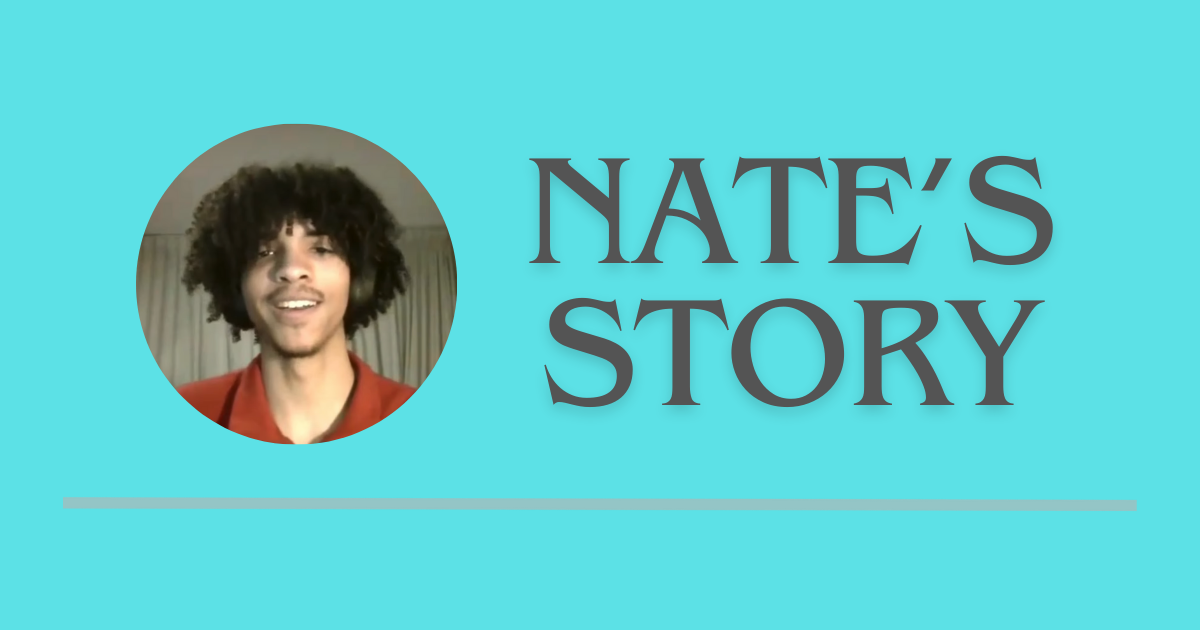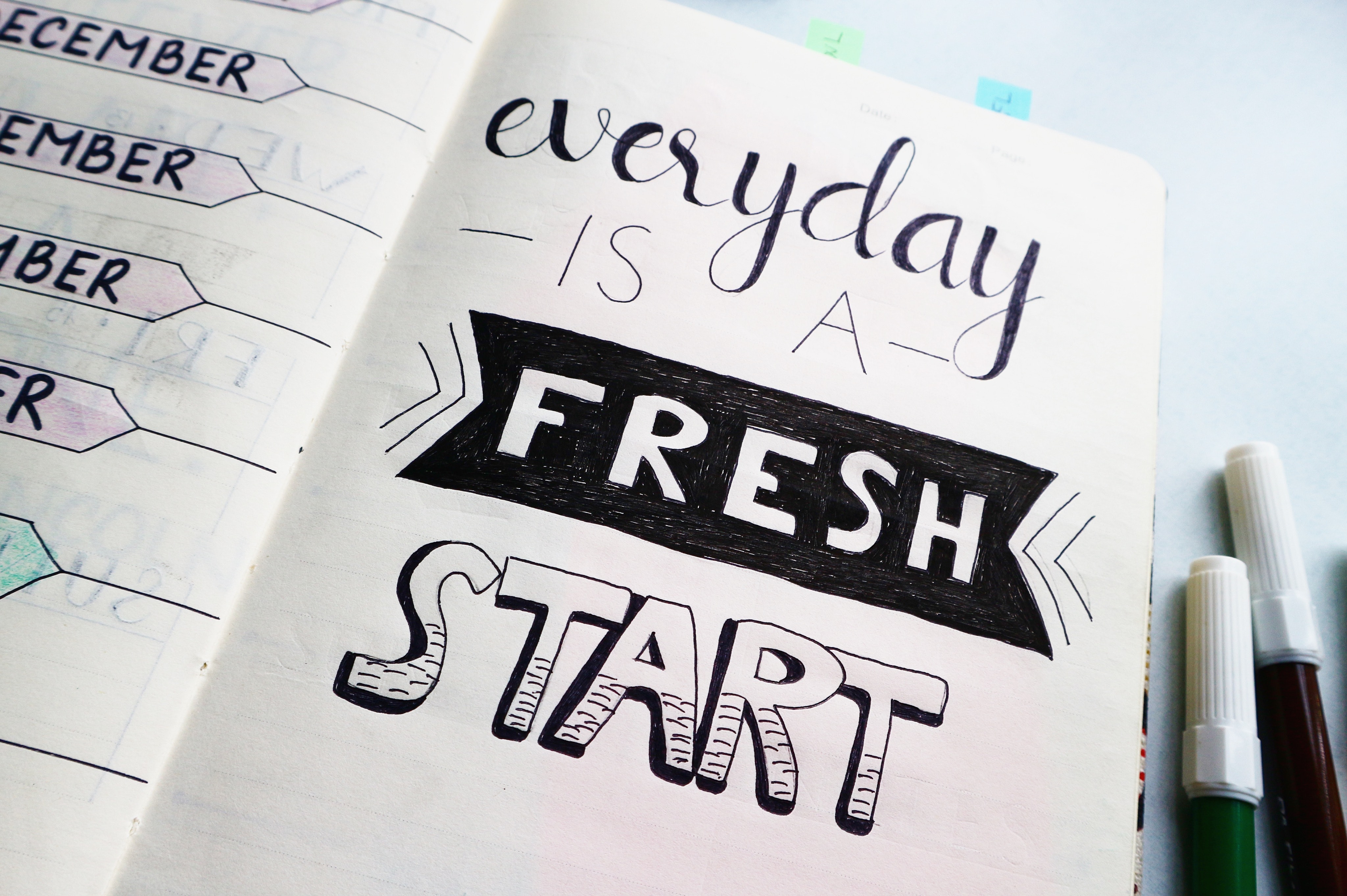
After our last workshop I got some questions about my background, namely along the lines of “how do you know all this / how’d you figure this stuff out?”
The short answer: two decades of immersion in student learning and achievement. I’ve examined root causes of barriers to student learning and achievement from different perspectives, tested a bunch of solutions on diverse students (neurotypical and not) in diverse curricula at secondary and post-secondary levels (AB, IB, OSSD, Charter, Magnet and more) across North America.
The longer answer:
I’ve done this work from an institutional and policy perspective, as a student success analyst with the Ministry of Education’s Student Achievement Division. My job was to collect and analyze data on initiatives meant to bridge gaps in student achievement at board, school and classroom levels, looking at what works vs. what doesn’t and why.
I became obsessed with understanding the root cause of student struggles and left the government to do my own research, in my own way and at my own (non-hampered by bureaucracy :)) pace.
I spent years working ~100 hour weeks supporting thousands of learners alongside brilliant teachers, tutors, PhDs, policymakers, educational psychologists and more. I was contracted by the world’s leading tutoring firm for six figures; the world’s wealthiest 1% want the world’s best. I don’t say that from a place of ego – most experts in their field will tell you the same thing I’m sharing, that they built their expertise over many years of hard work, sacrifice, persistence and complete dedication to their craft.

After extensively testing and refining different models of support, tracking successes and failures of students as they moved from middle school to high school to university and ‘the real world’, two things were clear:
1. A student who lacks the skills to manage and engage in their schoolwork will never learn or achieve to their potential;
2. Students don’t properly understand or use these skills without explicit instruction and support.
Regardless of learner profile, diagnoses, parental involvement, socioeconomic status, quality of teaching or extracurricular enrichment, external resources available, etc. – all of these can affect your child’s growth and success, but not like the underlying skills gap.
Skills are the key to unlocking your child’s potential and supercharging their well-being. A lack of skills keeps them underperforming and often feeling badly about themselves.
The sooner your child starts building the skills they need for learning and life success, the sooner they’ll do and feel better inside and outside the classroom.
Cheers to bridging your child’s skills gap,
Kelsey
PS if you’re serious about giving your kid the skills they need, you don’t have to go it alone. As you now know, I literally spent decades figuring out the simplest, most efficient way to do this so that you don’t have to struggle with it. Click here to book in with my team for a 1:1 assessment. We’ll get clear on where your child is currently at, where they wish they could be, and an action plan to get them there.




